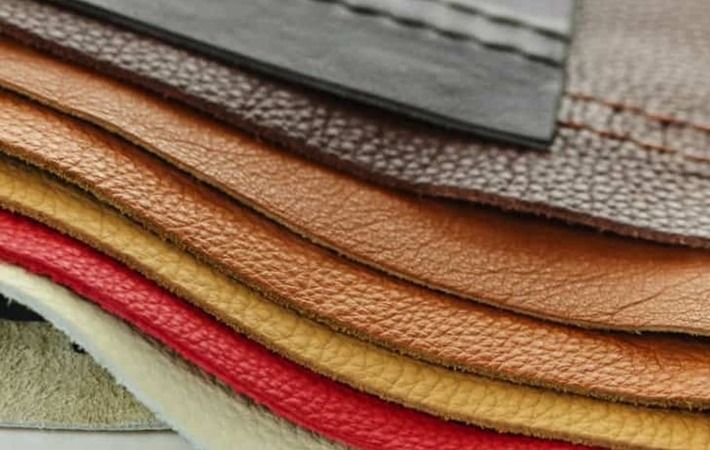
The WWF has joined the LWG in a formal partnership agreement that will build upon existing workstreams to help companies within the leather industry reduce their impact. The globally-recognised NGO will also help members of the leather supply chain meet their science-based targets on deforestation, water stewardship, human rights, and carbon emissions.
Christina Trautmann, programme manager at the LWG, said: […] “By utilising WWF’s resources, as well as our own expertise and established connection with the leather industry, our strengthened relationship should yield meaningful, long-lasting change in the ESG practices of the leather supply chain.”
Mauricio Bauer, senior director, beef and leather supply chains at WWF US, commented: “The work being developed by the Leather Working Group to enhance sustainability of leather value chains is an important step forward in enhancing transparency and creating trust for leather stakeholders across the board. “Incorporating requirements for additional checks on material sourced from threatened geographies into the auditing protocol is a very effective way to achieve zero deforestation and conversion supply chains for leather globally. The Leather Working Group aims to address habitat loss in an open, science based, data-driven way – WWF supports that.”
On deforestation, WWF will provide expert advice to help companies within the leather industry to reduce their risk of deforestation exposure through supply chain monitoring. The LWG was already working towards a fully deforestation- and conversion-free (DCF) leather supply chain through due diligence measures within its LWG Leather Manufacturer Audit.
The latest version of the audit also introduces a section on social auditing for the first time to protect vulnerable communities and safeguard human rights within the leather supply chain.
LWG also aims to make use of WWF’s work on water resource protection to help all companies in the leather supply chain, including brands and retailers, to reduce their impact. And, with expert support from WWF, the LWG will also help member companies to set commitments to reduce greenhouse gas emissions and meet their science-based targets.
In the future, it also aims to give brands and retailers more information about the carbon footprint of their suppliers, which will help them to understand and reduce their own carbon footprint.
